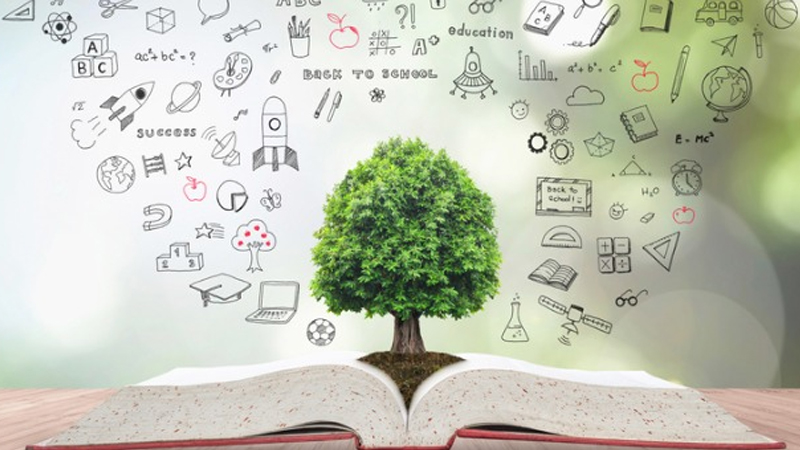977
![]()
 Education is a tool that helps us to understand life. It is a tool that helps us to be happy.
Education is a tool that helps us to understand life. It is a tool that helps us to be happy.
Education begins at home first. Education is very important for a child’s life.
Free education was introduced by C.W.W. Kannangara. He is a very kind-hearted person.
Education helps us learn new things in life.
Chathumi Dewsarani
Grade 7
Jayakodi Maha Vidyalaya
Ganemulla






